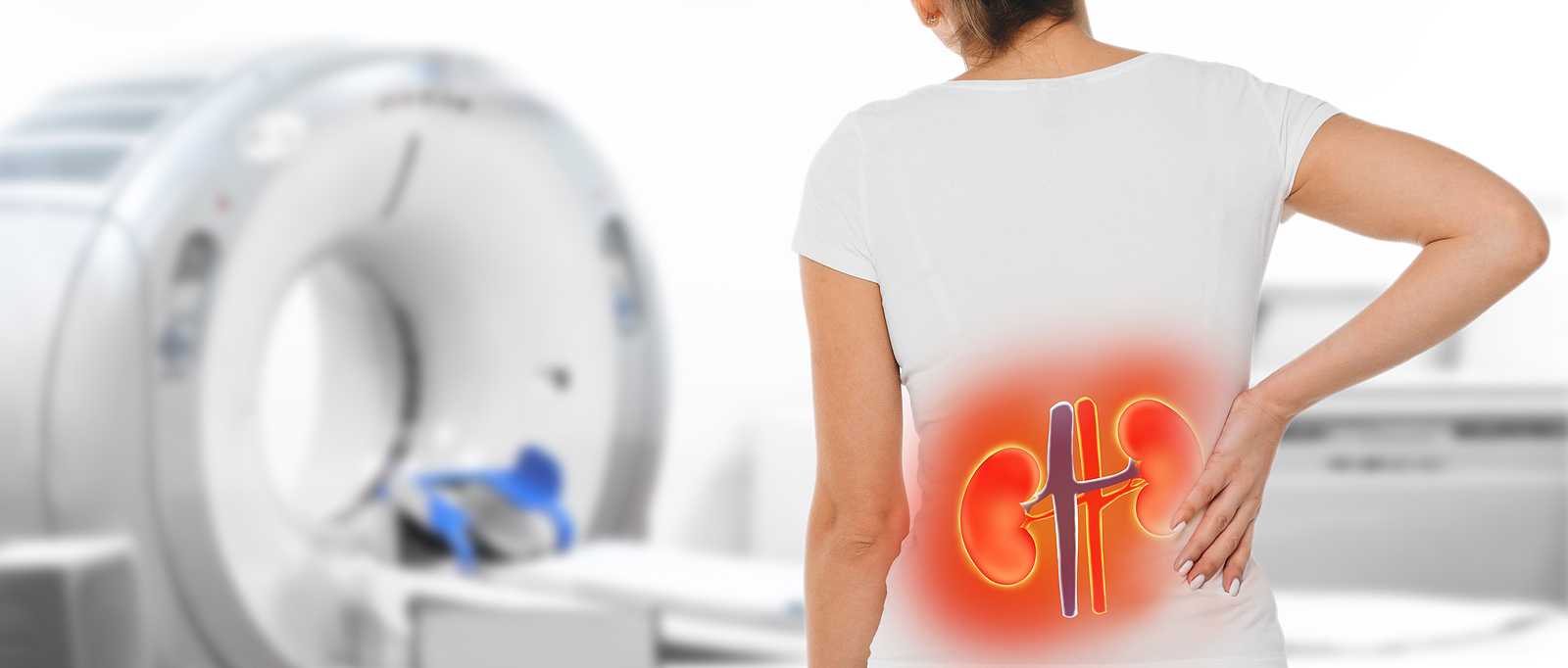
Acute renal failure occurs most frequently in hospitalized patients, particularly those critically ill and who require intensive care. Kidneys can also be harmed by physical injury or sickness. Hypertension and diabetes are the two leading causes of renal failure.
Acute kidney failure is the sudden loss of the kidney’s filtering capacity. When your kidneys lose their filtering capacity, harmful wastes may build, and your blood’s chemical
composition may become imbalanced. Acute kidney failure, also known as acute renal failure or acute kidney damage, often develops within a few days.
What Are The Different Types Of Kidney Failure?
- Acute Prerenal Kidney Failure: Acute prerenal kidney failure can happen when the kidneys don’t get enough blood. Without enough blood flow, the kidneys can’t remove toxins from the blood. Once the cause of the decreased blood flow is found, this type of kidney failure is usually treatable.
- Acute Intrinsic Renal Failure: A direct blow or accident to the kidneys, like a car crash, can cause acute inherent renal failure. Ischemia, when the kidneys don’t get enough oxygen, is another cause. Ischemia can be caused by severe bleeding, shock, a blocked blood vessel in the kidney, or glomerulonephritis, a disease in which the tiny blood vessels in the kidneys get inflamed.
- Chronic Prerenal Kidney Failure: When blood flow to the kidneys is cut off for a long time, the kidneys start to shrink and lose their ability to work.
- Chronic Intrinsic Kidney Failure: This failure occurs when there is long-term kidney damage because of an underlying disease. The intrinsic renal disease occurs when something hurts the kidneys, like a lot of bleeding or not enough oxygen.
- Chronic Post-Renal Kidney Failure: A persistent blockage in the urinary tract makes it hard to urinate. It leads to high blood pressure and damage to the kidneys.
(National Kidney Foundation, 2022)
What Are The Causes Of Kidney Failure?
Kidney failure is not a sudden occurrence. A progressive decline in renal function causes it. Some individuals are unaware they have the chronic renal disease until their kidneys fail. Multiple disorders and causes can result in kidney failure. According to the National Kidney Foundation, high blood pressure and diabetes are the two most prevalent causes.
Blood Flow Loss To The Kidneys
Lack of blood supply to the kidneys can precipitate renal failure. Heart-related disorders, liver scarring or liver failure, dehydration, and allergic responses are among the circumstances that can lead to a decrease in blood flow to the kidneys. In addition to hypertension and anti-inflammatory drugs, high blood pressure can also restrict blood flow. (MayoClinic)
Urine Elimination Problems
When the body cannot remove urine, toxins accumulate and overwhelm the kidneys. Certain malignancies, such as prostate cancer, which the American Cancer Society identifies as the most prevalent in males, can obstruct the urinary tract. (MayoClinic, 2021)
What Are the Kidney Emergency Symptoms?
The symptoms and signs of acute kidney failure may include a decrease in urine output. However, urine output may occasionally remain normal. The retention of fluids causes swelling in the legs, ankles, and feet. Other symptoms include shortness of breath, fatigue, and nausea. Occasionally, acute kidney failure manifests with no signs or symptoms and is discovered through lab tests conducted for another purpose. (James Myhre & Dennis Sifris, VeryWellHealth)
Predicting or preventing acute renal failure is difficult, however, keeping kidneys healthy can lower your risk. Always read drugstore pain medicine labels carefully as overusing such drugs may cause renal injury. Having kidney illness, diabetes, or hypertension makes this worse.
The best way to manage chronic renal diseases is with your doctor. If you are at risk for kidney disease due to high blood pressure, diabetes, a history of kidney failure in your family, or if you are over the age of 60, it is important to get tested for kidney disease annually. Inform your healthcare provider of any symptoms you are experiencing.
Works Cited:
Team, The Healthline Editorial. “Everything You Need to Know About Kidney Failure.” Healthline, Healthline Media, 22 Nov. 2021, www.healthline.com/health/kidney-failure#treatment.
National Kidney Foundation. “What Is Kidney Failure?” National Kidney Foundation, 25 Feb. 2022, www.kidney.org/atoz/content/KidneyFailure#:~:text=What%20causes%20kidney%20failure%3F,%2C%20diseases%2C%20or%20other%20disorders.
Mayo Clinic. “Acute Kidney Failure.” Mayo Clinic, Mayo Foundation for Medical Education and Research, 23 July 2020, www.mayoclinic.org/diseases-conditions/kidney-failure/symptoms-causes/syc-20369048.
James Myhre & Dennis Sifris, MD. “What Are the Signs and Symptoms of Acute Renal Failure?” Verywell Health, www.verywellhealth.com/symptoms-of-acute-renal-failure-4163965.
Mayo Clinic. “Acute Liver Failure.” Mayo Clinic, Mayo Foundation for Medical Education and Research, 21 Oct. 2020, www.mayoclinic.org/diseases-conditions/acute-liver-failure/symptoms-causes/syc-20352863.





